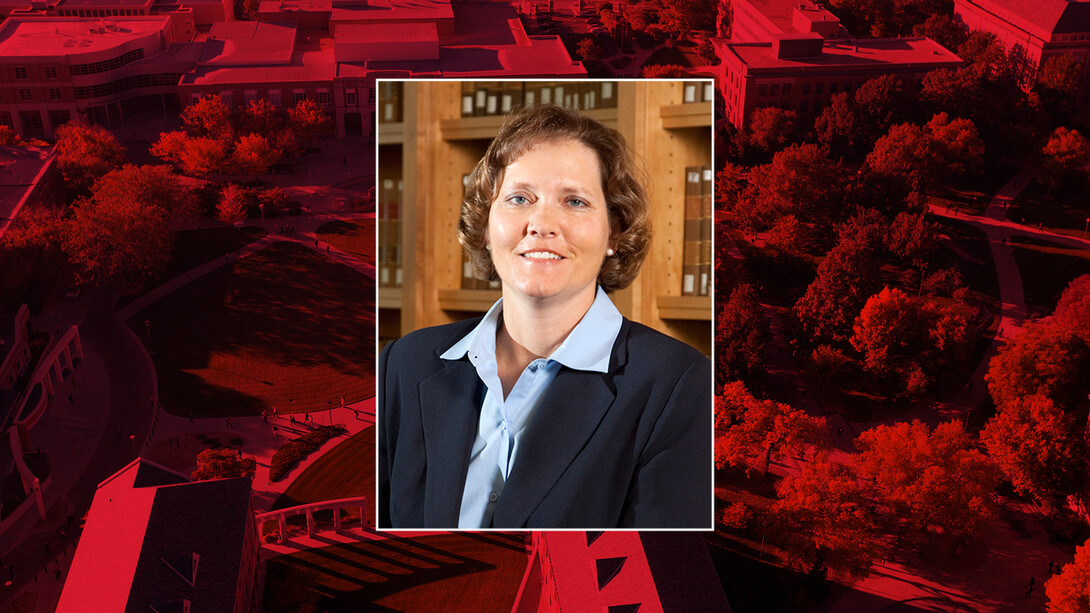
Nebraska Law Professor Colleen Medill has been appointed to a three-year term to the Advisory Council on Employee Welfare and Pension Benefit Plans, known as the ERISA Advisory Council, by U.S. Secretary of Labor Thomas E. Perez.
Perez announced the newest members, who represent the interests of labor, management and the public, on Dec. 12. He said the members joining the council “are uniquely qualified to help it accomplish its goals. Their expertise will be a valuable complement to the department’s mission to protect workers’ benefits.”
Medill, who joined the University of Nebraska College of Law in 2004, is a nationally recognized expert in the area. She is an elected fellow at the American College of Employee Benefits Counsel and an elected member of the American Law Institute. Her ERISA textbook, “Introduction to Employee Benefits Law: Policy And Practice,” is used in more than 40 law schools.
She regularly speaks at national conferences on the responsibilities of employers and the rights of employees under the Employee Retirement Income Security Act of 1974 and the Affordable Care Act, and previously testified as an invited expert witness before the ERISA Advisory Council in 2014 on trends in fiduciary plan administration and the outsourcing of ERISA fiduciary duties.
The 15-member council provides advice on policies and regulations affecting employee benefit plans governed by the Employee Retirement Income Security Act of 1974. Members serve staggered three-year terms. Three members are representatives of employee organizations (at least one of whom represents an organization whose members are participants in a multi-employer plan). Three members are representatives of employers (at least one of whom represents employers maintaining or contributing to multi-employer plans). Three members are representatives of the general public. There is one representative each from the fields of insurance, corporate trust, actuarial counseling, investment counseling, investment management and accounting.
Medill was appointed to represent the interests of the general public.
“Everyone expects that the Trump administration will bring change to Washington, and that change is likely to impact, directly or indirectly, the regulation of retirement and health care plans sponsored by employers for their workers,” Medill said. “My role is to bring an objective, balanced perspective to the regulatory policy issues that the council studies and to make sure that the public has a voice in the process.”
The group will next convene in March in Washington, D.C.







